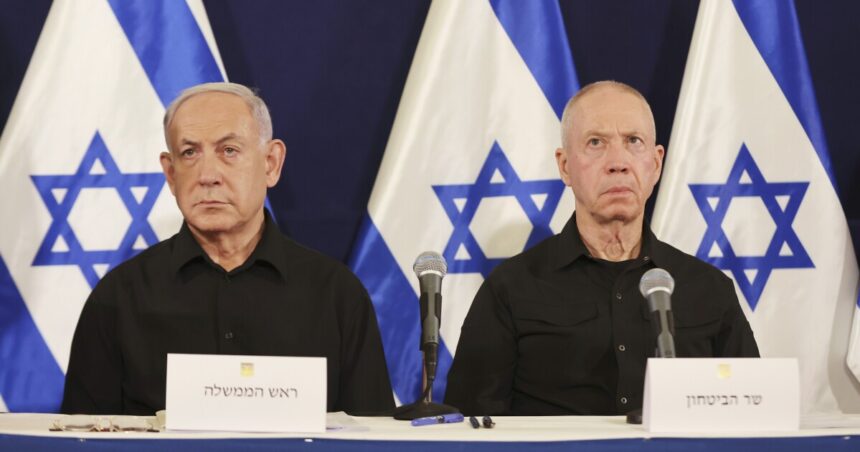Tensions continue to rise in the Middle East after the recent killings of top leaders in Hezbollah and Hamas.
Iran and the allied Lebanese Hezbollah group have vowed to retaliate against Israel for the alleged assassinations. The U.S. is working to ease tensions in the region as negotiations for a cease-fire are set to resume on Thursday.
RELATED STORY | Israel carries out rare strike on Beirut that it says killed Hezbollah commander
During Iran’s failed attack on Israel in April, all of Iran’s drones were shot down by the U.S., Israel, and other countries. The White House is concerned about a potential simultaneous attack by Iran and Hezbollah, with Lebanese Hezbollah militants reportedly preparing for a full-scale conflict with Israel.
RELATED STORY | This is how Israel would defend itself against new missile attacks from Iran or others
In 2006, the conflict between Israel and Hezbollah ended in a draw. Since then, Iran and its allies have increased their arsenal, with reports of Hezbollah having over 150,000 rockets and Israel Defense Forces estimating Hezbollah’s fighting force at 25,000 full-time fighters.
Although Israel holds a conventional warfare advantage, Prime Minister Benjamin Netanyahu is aware of the potential for guerilla warfare and the use of Israeli soldiers as hostages if Hezbollah were to attack.





